Galore of funding opportunities available for entrepreneurs in the creative sector, but know where to look for them
By Edward Tsumele, CITYLIFE/ARTS Editor
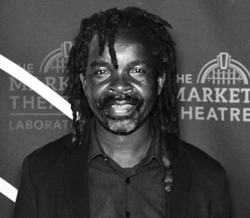
With unemployment figures alarmingly high generally in South Africa, and particularly more so in the ranks of the youth, there is certainly a need for the youth to think beyond getting that dream job.
Fortunately, some among them, the ones that are creative and entrepreneurial are turning to exploring innovative ways of earning a living. They are exploring the alternative route of building businesses in the creative, cultural and technological fields.
Though raising capital to fund such start-ups is an obstacle they have to navigate first before they are a success, fortunately there is assistance in the market place for such creative individuals. They just need to look for it in the right places, and beyond the government agencies set up for that purpose. History tells us that such public funding agencies have failed to fulfil their mandates, beyond paying often huge salaries to the politically connected individuals who sit on their boards and their senior executive managements.
And the place to look for assistance in funding start-ups for especially entrepreneurial youth is in the private sector and civil society institutions set up for entrepreneurship development through mentorship and funding programmes.
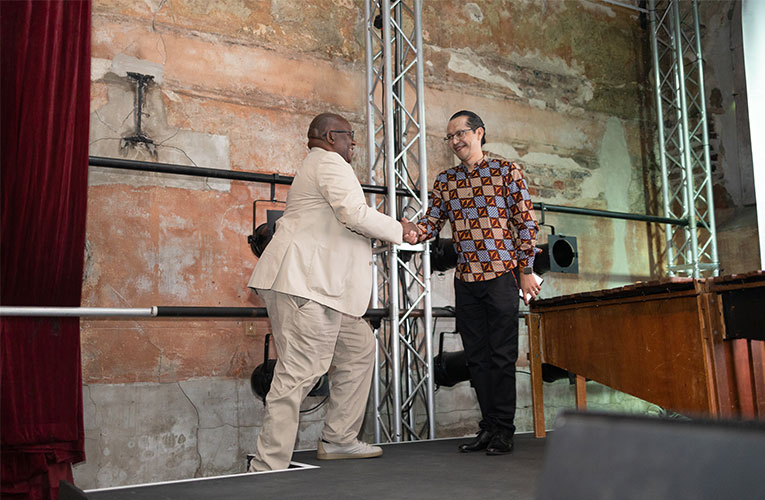
And fortunately over the past few years a number of institutions, Non-Governmental organisations, international development agencies with a presence in South Africa, and even corporates, have realised the futility of just throwing money to small businesses and hope that magic will happen and such businesses will become a success.
Funders for small businesses and creative entrepreneurs are now designing programmes of mentorship tied to funding. This new phenomenon seems to be a model that is working well, especially, but not exclusively, in the creative and cultural sector.
For example, Goethe Institut in Johannesburg, has for years, been running a business mentorship programme called Hub@Goethe, targeting particularly entrepreneurs within the cultural and creative sector. And there are success stories that have come out of that initiative.
The Non-Profit Organisation, Arts and Culture Trust (ACT) has in the past two years been running another programme called Thuthukisani Programme, also targeting entrepreneurs in the cultural and creative sector. Essentially the Arts & Culture Trust (ACT)’s Thuthukisani Programme is a business development programme to empower a selected group of artists and creative entrepreneurs to implement and execute their chosen projects in a strategic and sustainable way. This way ACT ensures that its benefactors stand a better chance of running a sustainable business.
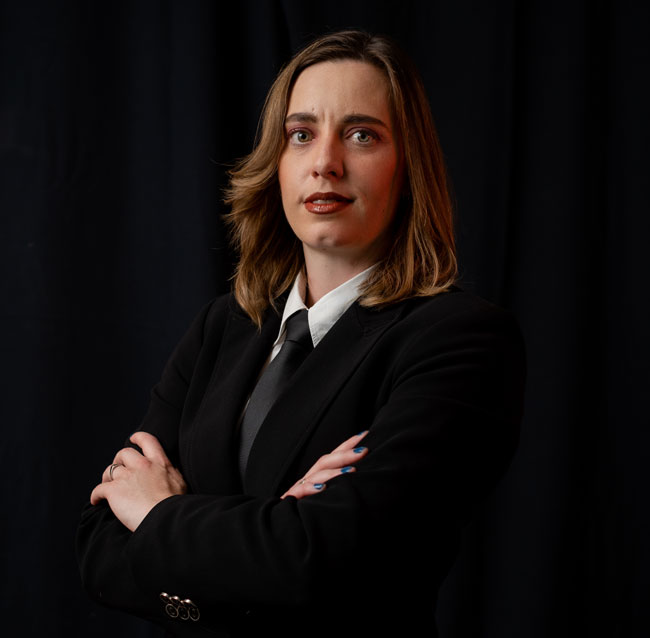
“We should think of a way of developing arts projects with the artists to an extent that they can either attract investment or even qualify for loans from the bank based on the strength of their business potential. This is the thinking around funding in ACT’s new strategy,” ACT Interim Chief Executive Officer Jessica Denyschen told CITYLIFE/ARTS in an interview recently. Thuthikisani Programme Circle 3 is currently taking applications for the new cohort of creative entrepreneurs and the closing date is January 17, 2023 (see details in the ACT advert in citylifearts.co.za home page above).
One of the Big Four banks in the country, Nedbank, is also currently running another incubation and mentorship friendly programme called YouthX, which is aimed at young entrepreneurs in general, but has a cultural and creative sector category in it.
Business & Arts South Africa (BASA) also a Non-Profit Organisation, has its own mentorship programme sponsored by the Department of Sport, Arts and Culture, aimed also at the creative and cultural sector. It is a three year programme of mentoring entrepreneurs in the creative sector. In fact its second cohorts graduated on November 24, 2022 in Cape Town.
“Despite its low barrier to entry, the cultural sector can be difficult to navigate without business skills, strategic vision and marketing expertise. Meeting the need to provide creatives with these entrepreneurial skills, the Business and Arts South Africa (BASA) Debut Programme, with the support of the Department of Sport, Arts and Culture, has completed the second iteration of the Debut Programme with the graduation of 24 participants in Cape Town on 24 November 2022.
Their graduation, at the Homecoming Centre, also gave the public an opportunity to see an exhibition of the businesses and products owned by the graduate ‘artpreneurs’,” said BASA in a statement.
The three-year programme of intensive workshops, mentoring and product development began with a selection process across all nine provinces.
“Successful applicants began on the Kickstarter phase, a series of engagement workshops, Facebook live sessions, mentorship, networking and grant funding.
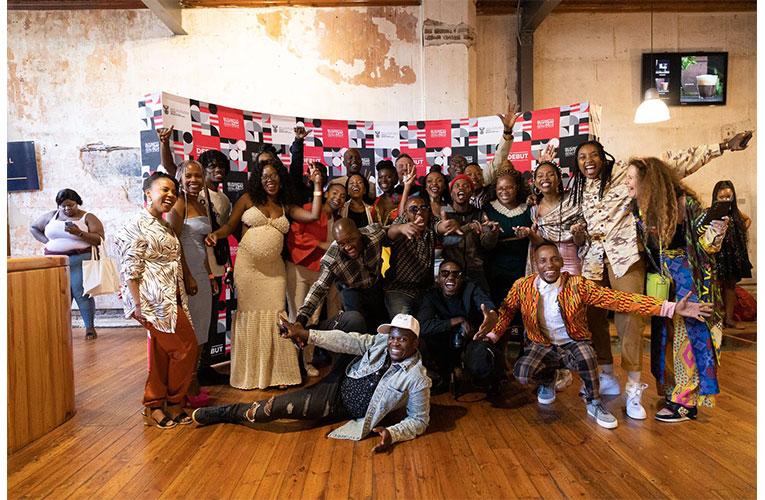
180 candidates were then shortlisted for the second round, Hlanganisa Phase, with further workshops, mentorship, grant funding, networking and the Debut online art fair for the Hlanganisa participants. Through an independent adjudication process, 54 shortlisted candidates (six from each province) from the Hlanganisa Phase were assessed for the next (Catalyst) phase based on their achievement of multiple business milestones and on public votes generated in the Debut Online Art Fair. In celebration of BASA’s 25-year anniversary, 25 “Catalysts” were selected instead of the original 18.
Although one candidate was sadly not able to conclude their programme, the rest of the group graduated on 24 November 2022,” added BASA.
“The Debut programme unfolds over time with participants slowly growing and refining their businesses and applying what they have learnt. Time and mentorship are among the most valuable quantities in the growth of any entrepreneurial skillset, and we hope our graduates will look back over these three years to note their progress before further applying all they have learned,” says BASA’s Chief Executive Officer Ashraf Johaardien about the programme.
However here I have just named a few such funding opportunities currently in operation, but there are more such models of funding taking place in one form or another, but all in one way or another tied to mentorship.
The fact of the matter is all these programmes are aimed at not only dishing out funds to entrepreneurs and hope for the best. Such funding is increasingly tied to mentorship to the selected recipients of such funds.
And these are not the only players in the country who are following this model. There are certainly others doing the same with varying degrees of failure or success using different models of supporting entrepreneurship in the country.
Unfortunately examples of failure are mostly to be found within government agencies, such as the National Youth Development Agency (NYDA), which each year receives a budget running into millions of Rand from the government in the name of funding young entrepreneurs.
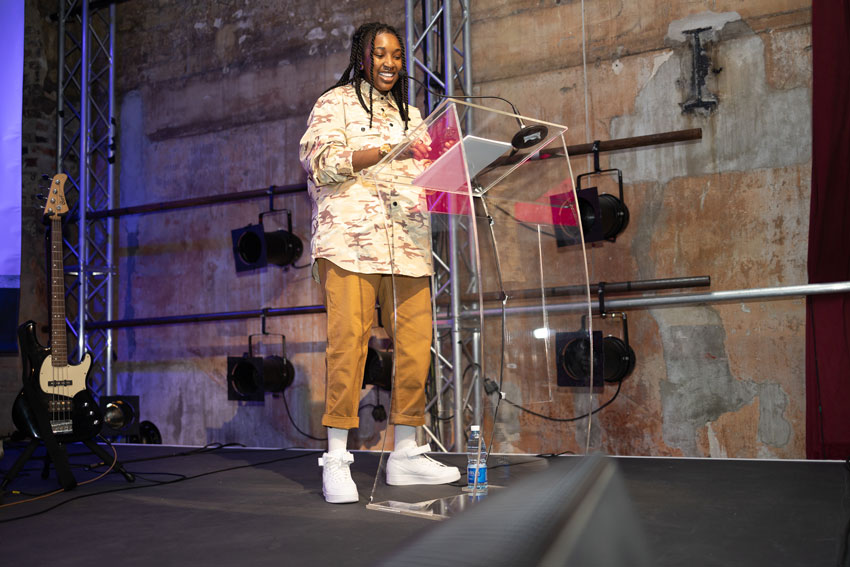
However today it is hard to convince a young entrepreneur to approach the NYDA for funding as the youth seem to have lost faith in that agency. Instead a serious entrepreneur, not a politically connected individual, would rather look to the private sector for funding and support, instead of these government agencies where political connectedness to the ruling elites seems to be the major criteria to receiving financial support. Not to even touch on the issue of the perception of corruption, which may or may not exist in a number of these agencies.
To this, If you want, add the tedious bureaucracy involved before accessing these public funds in such agencies, then you have all the reasons why throwing public funds in such agencies seems to be an exercise in futility. No wonder none of these agencies can today publicly point out a successful business they have supported and mentored till it is thriving, despite the hundreds of millions that have been pumped into them for years.
This forces many observers in entrepreneurship circles to ask the question whether this is money well spent in the name of supporting entrepreneurship, or it is just another wasteful expenditure only benefitting the politically connected Tenderpreneur types, but not real entrepreneurs needing the support most.
. Following four successful YouthX live events hosted across South Africa focusing on Arts and Culture, Sports and Entertainment, Social Good and Sustainability as well as Tech and Innovation categories where young people were inspired and had their potential unlocked, Nedbank on Saturday will host what is probably the most anticipated YouthX event for the year – the 2022, YouthX Summit. Taking place on Saturday, 3 December, at Victoria Yards in Johannesburg, the event will see four winners receive recognition and awards for entering their work as part of this year’s YouthX Awards. Hosted by presenter and actor Moshe Ndiki, the annual closing event on the YouthX calendar is the hottest ticket in town and the ultimate youth festival. This is where Nedbank will be announcing the 2022 winners who will each receive over R300 000 worth of prizes, including R50 000 in cash, a Huawei technology bundle, as well as a mentorship, learning and networking opportunity.











My name is Thomas DeSoto and I’d like to create a world class International Art Gallery in Jeffrey’s Bay South Africa where I could personally train children from all over South Africa to become great artist and community leaders. Please contact me if you would be interested in helping me create such a note worthy institution. 77thomasdesoto77@gmail.com, thank you Tommy